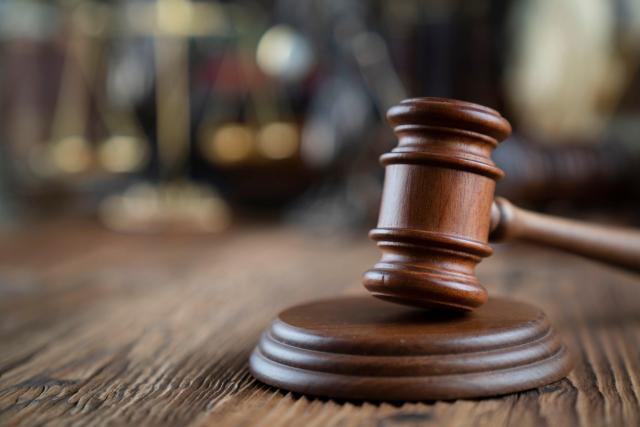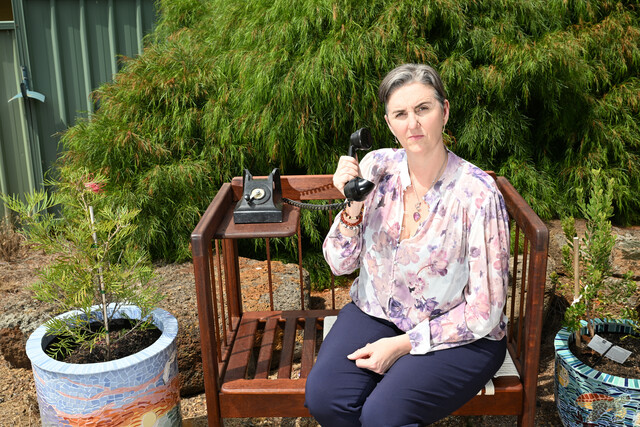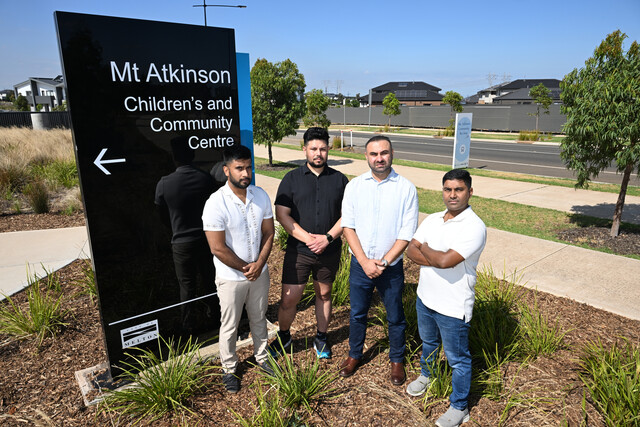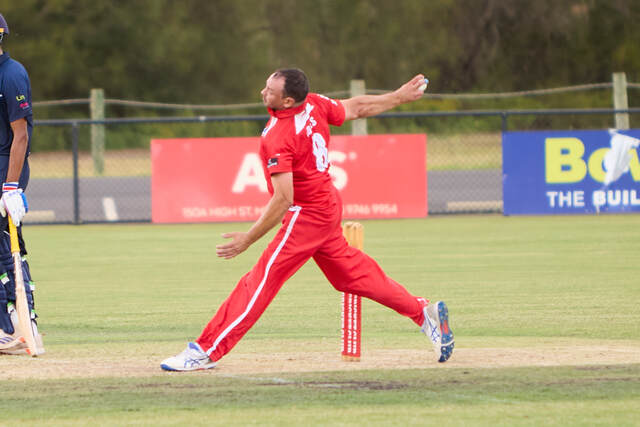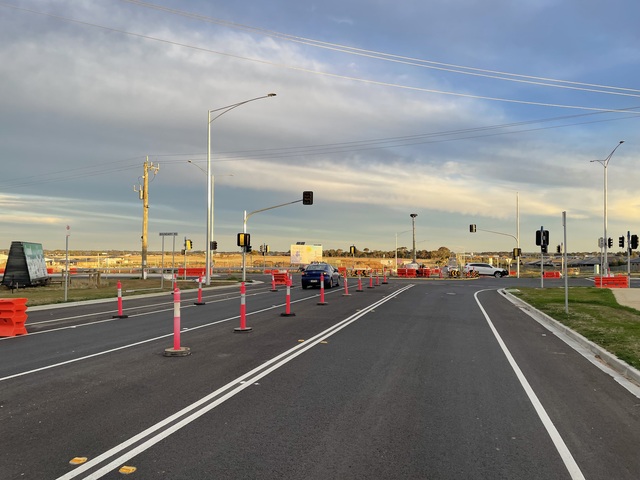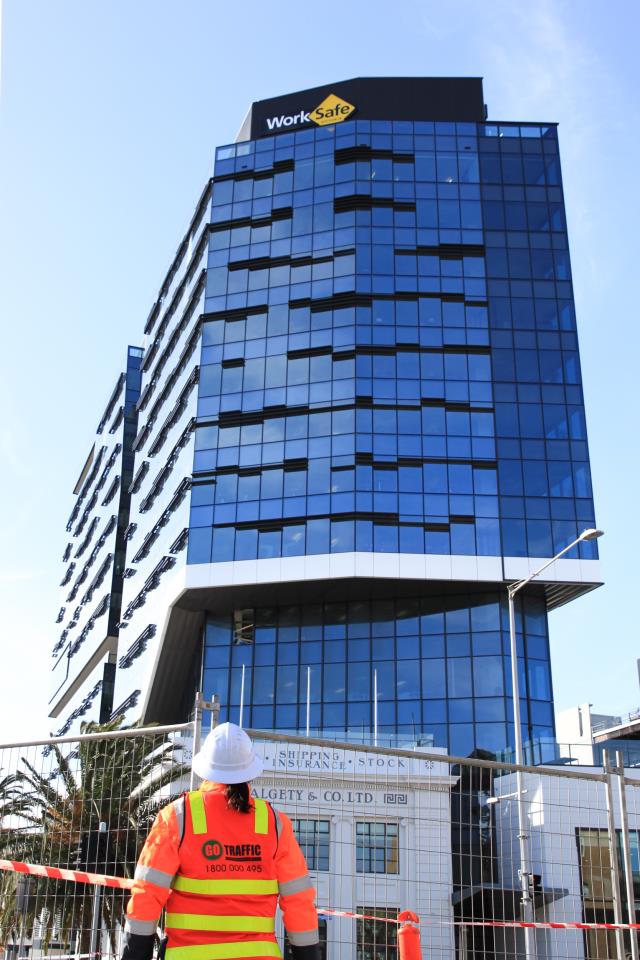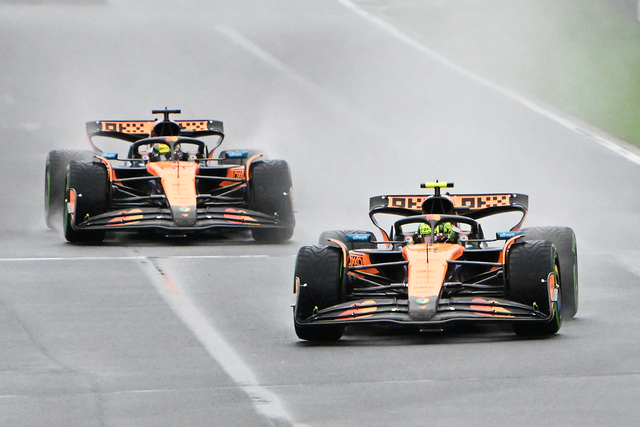Trevor Lovett admits he’s to blame for the death of his friend.
But it seems his admission is the only thing that supports his guilt.
Stephen Watts was stabbed once in the chest in Lovett’s Darley bedroom in August 2019 after a fight with two other men while they weighed out cannabis.
Lovett, 50, insisted there was no need to call an ambulance and that he’d drive the injured man to hospital.
He didn’t, apparently fearing he’d be blamed for Mr Watt’s injuries he drove to a friend’s house. He fell asleep and after realising Mr Watts was dead drove to several other locations before stopping at a Brimbank shopping centre, where emergency services were called.
He pleaded guilty to manslaughter on the basis that his negligence in not seeking urgent medical care was the cause of his friend’s death.
But the Victorian Supreme Court judge who now has to sentence Lovett for the crime says there’s no evidence that Mr Watts would have survived had he been driven straight to hospital anyway.
“There’s not one jot of evidence in the brief … that this man would have survived had he been treated,” Justice Michael Croucher said on Tuesday 20 December.
If prosecutors were to build a case they’d have to prove that Mr Watts’ injuries could have been survivable.
Instead it seemed that it was Lovett’s guilty plea that made the case against him, and it did so where there was no case, Justice Croucher said.
Lovett was weeks away from a murder trial when he pleaded guilty to manslaughter in October this year.
Despite that, prosecutor Justin Lewis admitted in a pre-sentence hearing on Tuesday that it could not be proven, beyond reasonable doubt, who had stabbed Mr Watts.
Lovett, on multiple accounts, tried to break up the fight between the other men, who were brothers, and Mr Watts.
During the altercation Mr Watts was injured.
Lovett’s barrister Jason Gullaci SC said the murder case was pursued against his client despite one of the brothers telling multiple people it was him.
Mr Gullaci said police also knew as early as September 2019 that the other man had told Lovett’s nephew that he was to blame.
It was only after the nephew made a formal statement to police in August this year, backed by text messages from the time, that prosecutors agreed to accept Lovett’s plea to the lesser charge, Mr Gullaci said.
He said while imprisonment was the only option for sentencing, Lovett should be given a non-parole period close to what time he has already served.
He will have spent three-and-a-half years behind bars by the time he’s sentenced on February 15.

